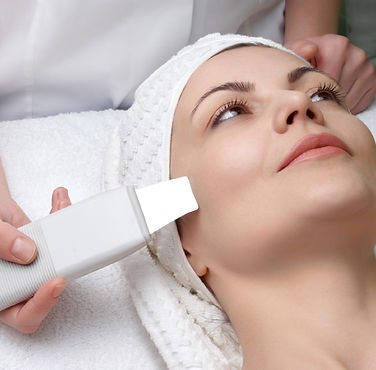
Hair Loss and Restoration
Nurturing a Fuller Crown
Understanding Hair Loss and Restoration
Hair loss is a common concern affecting both men and women, characterized by the gradual thinning or loss of hair on the scalp. Multiple factors, including genetics, hormonal changes, and lifestyle, contribute to hair loss. Understanding the causes and effective treatments for hair restoration is crucial for promoting a fuller and healthier head of hair.
Causes of Hair Loss
Genetics (Androgenetic Alopecia: Inherited factors play a significant role in the most common form of hair loss, affecting both men and women.
Hormonal Changes: Fluctuations in hormones, such as during pregnancy, menopause, or thyroid imbalances, can contribute to hair loss.
Medical Conditions: Conditions like alopecia areata, lupus, and certain medical treatments like chemotherapy can lead to hair loss.
Poor Nutrition: Inadequate intake of essential nutrients can impact hair health and contribute to thinning.

Common Concerns
Male Pattern Baldness: Receding hairline and thinning at the crown are characteristic patterns of male hair loss.
Female Pattern Hair Loss: Women may experience diffuse thinning across the scalp, often preserving the frontal hairline.
Telogen Effluvium: Temporary shedding due to stress, illness, or hormonal changes.
Contributing Lifestyle Factors
Stress: Chronic stress can contribute to hair loss by disrupting the hair growth cycle.
Hairstyling Practices: Excessive heat, tight hairstyles, and harsh chemicals can damage hair and lead to breakage.
Smoking: Tobacco use has been linked to hair loss and premature greying.
Medical Evaluation
Scalp Analysis: Professional examination to assess the health of the scalp and hair follicles.
Blood Tests: Assessing hormone levels, nutritional status, and identifying potential underlying medical conditions.

Comprehensive Treatment Options
Rejuva Medispa & Laser offers advanced and personalized treatments to address hair loss and promote hair restoration:
01
Stimulating Hair Follicles: PRP injections use growth factors from the patient's blood to promote hair growth and enhance hair follicle health.
02
Topical Treatments
- Minoxidil: Over-the-counter topical solution that can help promote hair regrowth.
- Prescription Medications: Oral medications, such as finasteride, may be prescribed to address hormonal factors.
03
Nutritional Support
- Supplements: Recommendations for supplements containing vitamins and minerals crucial for hair health.
- Dietary Guidance: Emphasizing a balanced diet rich in nutrients that support hair growth.

04
Customized Treatment Plans
- Consultation and Analysis: Thorough consultations to understand individual concerns and determine the most suitable treatment options.
- Combination Therapies: Tailored combinations of treatments to address specific causes and optimize results.
